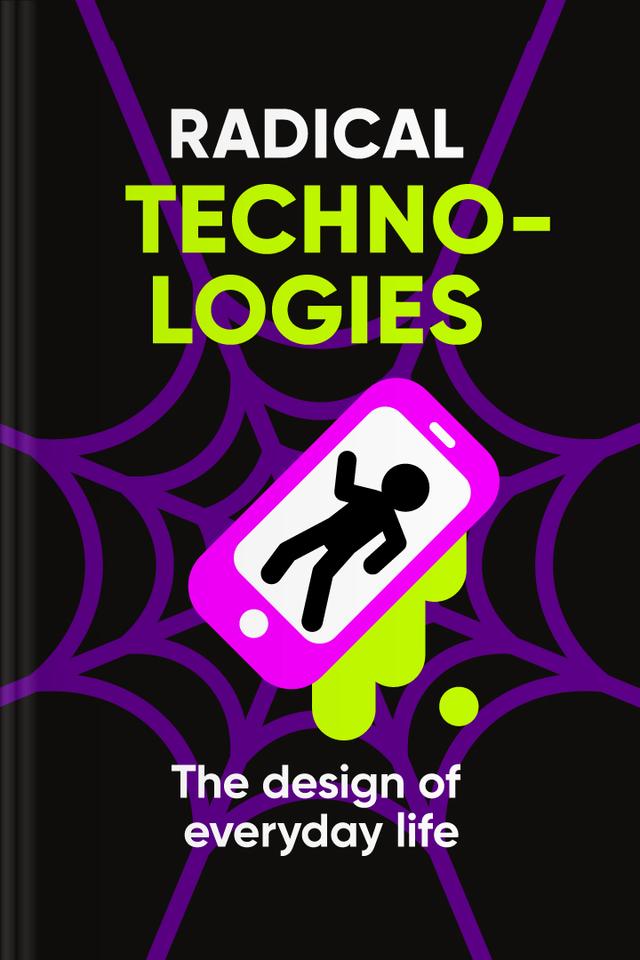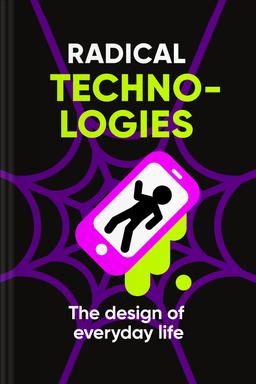You’ll learn
- Why your smartphone knows you better
- The cost of convenience on your privacy
- How AI challenges our notion of creativity
- The invisible hand of tech in job futures
Protect the world’s peace. Donate to support Ukraine

first KEY POINT
Imagine a few minutes of big city life. A skirmish between football fans did not go unnoticed, as ATM cameras recorded it. A streetcleaner has a GPS transponder that notifies the mayor's office about the route and provides citizens with real-time information. And the tourist, who left a bookstore and went for a walk with a hidden secret, a stolen book in one of his jacket pockets. A program that records the store's inventory will later detect the loss. We don't have privacy even for a minute; cameras, pedometers, cash registers, and other technologies record everything.At any other time, it would be impossible to capture so many activities taking place at the same time in different parts of the city. But today, machines and programs follow us everywhere. For example, we have fun, find partners and friends, work, and relax with the help of smartphones. The phone accompanies us almost every moment of life and makes it easier. At the same time, constant smartphone usage deprives life of spontaneity and humanity. In 2005, scientists conducted a study by asking people to show the contents of their bags. There were photographs of loved ones, icons, amulets, and money. But in ten years, the cell phone had replaced all these items. On the one hand, this is a logical consequence of technological progress, and on the other, it indicates our helplessness and dependence.We cannot imagine life without the convenience of technology. But what lies behind the friendly shell of progress? Adam Greenfield wrote the book Radical Technologies to expose technical systems from different angles, not just from the attractive side, as manufacturers do for their benefit.
You will explore extraordinary technologies and products and their presence in our lives. You will analyze the work of familiar technologies (smartphones) and reality-changing ones (artificial intelligence) and find out their positive and negative consequences. Learn how radical technologies change us and whether it is possible to maintain independence and humanity in the coming era of machines.
second KEY POINT
A voice assistant lives in our phones, computers, and tablets, like a genie in a magic lamp. Google, Microsoft, Amazon, and Apple have created assistants that process voice requests and provide the necessary information or connect to the proper application. Predominantly, these assistants have female names and voices; a study in North America showed that users trust women more than they trust men. Apple has Siri, and Amazon has Alexa; only Google created an assistant, aptly named Google, and deprived it of gender identity.The problem with voice assistants lies in several points:
• The habit of using voice assistants makes us irritated faster when we don't instantly get what we want.
• We rely on technology to deal with our needs too much.
• Assistants listen to us constantly.For example, Dash Button, an Amazon product, connects to the Web to buy goods with a single touch of a button. We also need the Amazon app and an account for it. The device allows us to make purchases quickly and cancel them if necessary. We get the items, and Amazon gets our addresses and phone numbers, activity, and requests. The company will create our behavioral models and exploit them in the future, sending notifications about sales and targeting ads.

Continue reading with Headway app
Continue readingfirst KEY POINT
second KEY POINT
third KEY POINT
fourth KEY POINT
fifth KEY POINT
sixth KEY POINT